China slams ‘drums of war’ comment as ‘crazy’, state media warns Australia faces ‘severe countermeasures’
China has hit back at Australia’s “drums of war” comments as “crazy”, while state media warns of “severe countermeasures”.
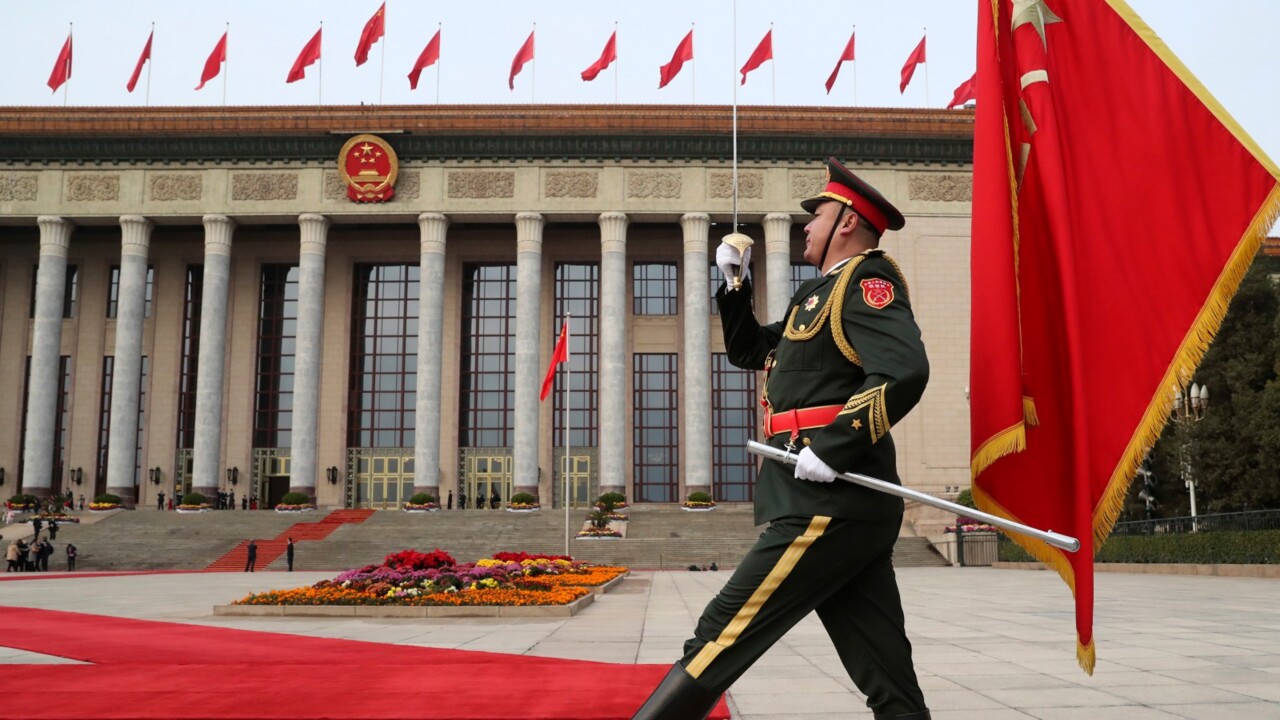
China has attacked Australian leaders raising the possibility of conflict as “troublemakers” with a “Cold War mentality”, while an official newspaper has warned of “severe countermeasures” if Canberra resorts to “provocative actions”.
Foreign Ministry spokesman Lijian Zhao was responding to Home Affairs secretary Michael Pezzullo’s controversial “drums of war” remarks over the weekend, which have since made global headlines.
Mr Zhao was the diplomat who last year sparked a furious reaction from Prime Minister Scott Morrison after he posted a doctored photo on Twitter depicting an Australian soldier holding a knife to the throat of an Afghan child.
While he did not name any country, the Anzac Day message from Mr Pezzullo – widely tipped to be moving to Defence – came the same day as Defence Minister Peter Dutton warned that the possibility of war with China over Taiwan should not be “discounted”.
Mike Pezzullo’s “drums of war†speech is front page of The Times today. pic.twitter.com/LAk4BUnXaf
— Henry Belot (@Henry_Belot) April 28, 2021
“Some individual politicians in Australia, out of their selfish interests, are keen to make statements that incite confrontation and hype up threat of war, which is extremely irresponsible and will find no audience,” Mr Zhao told reporters on Wednesday.
“These people are the real troublemakers. I have noticed that many people in Australia have expressed disapproval on social media, saying that such inflammatory language are outrageous and extremely crazy.”
Mr Zhao added China “has been a promoter of world peace, a contributor to global development and a defender of international order”.
“China’s development means opportunities for the world,” he said.
“As a country long benefited from co-operation with China, Australia is being untruthful and immoral with its false allegation of ‘China threat theory’. This will only end up hurting its own interests. We urge certain individuals in Australia to shake off the Cold War mentality, stop making irresponsible remarks and act in ways that are conducive to regional peace and stability rather than the opposite.”
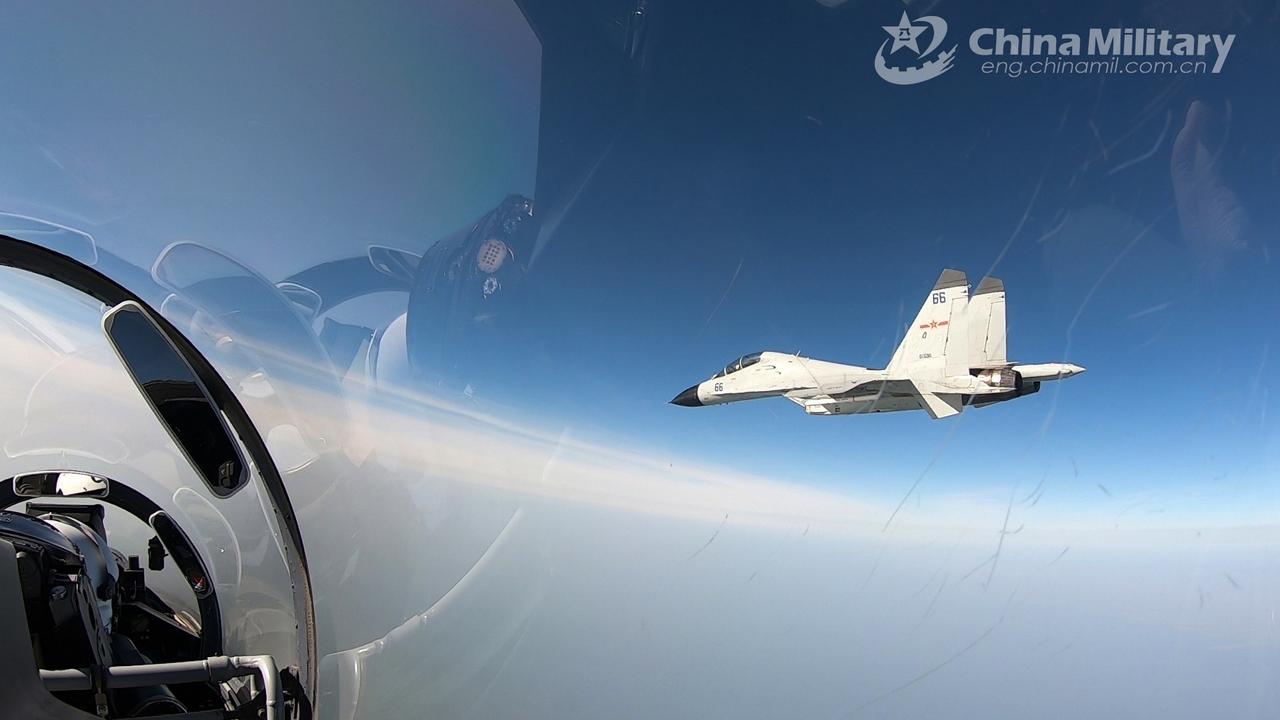
Australia faces ‘severe countermeasures’
It came as the state-run Global Times newspaper – in an opinion piece illustrated by a cartoon of a kangaroo casting the shadow of an eagle – dismissed the comments as reminiscent of “the Trump team that competed for who was more hawkish toward China”.
Author Zhang Yi said Australia was being “exploited by the US”, noting America had “never made the explicit commitment to defend the island of Taiwan in case of a war” and that it appeared to have “no will to change its policy of strategic ambiguity regarding Taiwan”.
“But it is Australia that is jumping high and singing a tune,” she said.
“Australia’s China policy has reached a cul-de-sac. China does not seek enmity with Australia, and Australia should avoid proactively turning itself into an enemy of China. If Australia resorts to provocative actions in China’s offshore areas, it is bound to face severe countermeasures from China.”
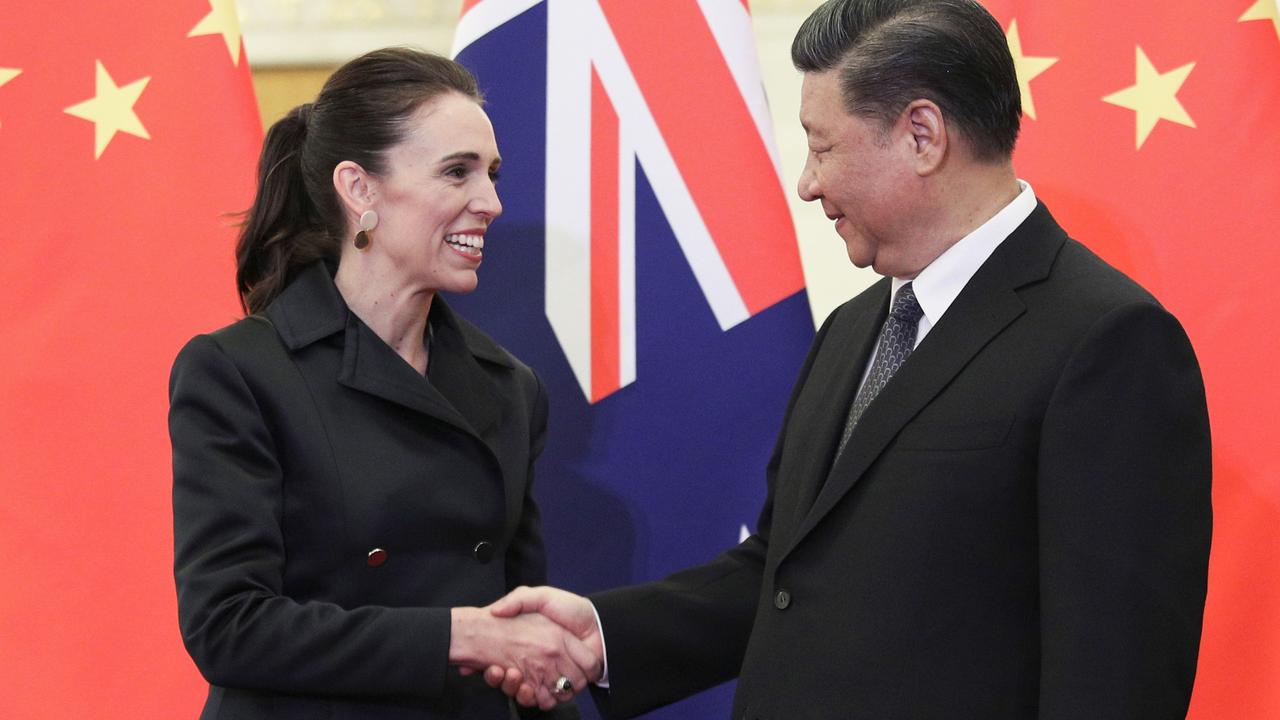
China praises Kiwis for Five Eyes snub
In an earlier article published last week, the Global Times also praised New Zealand for distancing itself from the Five Eyes intelligence alliance with the US, Canada, the UK, Australia.
“Despite mounting pressure, Wellington does not show intention to follow the lead of the US at the expense of its own national interests,” the outlet said.
“In sharp contrast with Australia, which tied itself to the US’ chariot, New Zealand has maintained a relatively independent approach on foreign policies, paving the way for the country to pursue policies that benefit its own economy and citizens.”
The Global Times said that “by pursuing an independent approach, New Zealand is also securing a stronger economic recovery and growth path in the post-COVID era”.
“In fact, the drastic deterioration in China-Australia relations since last year, to some extent, is beneficial to New Zealand which can offer alternatives for Chinese businesses,” it said.
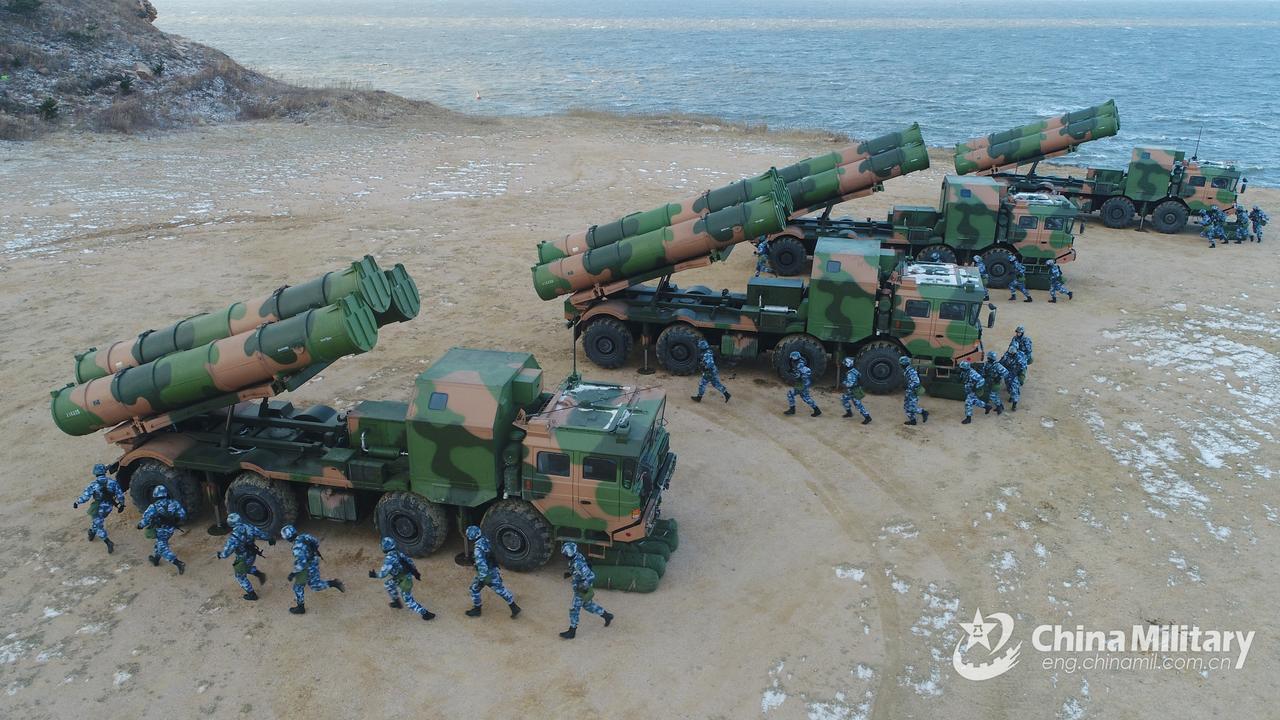
Beijing will ‘widen and exploit the gap’
Michael Shoebridge, director of defence, strategy and national security at the Australian Strategic Policy Institute, told The Daily Telegraph on Thursday that the problem was only likely to get worse.
He described New Zealand’s approach as “suitable for 2012, not 2012”, because it was “based around a relationship with the Chinese state that is simply not possible with the kind of Chinese state Xi Jinping now leads”.
“Seeking mutual economic advantage while keeping strategic and interest differences in the background, influencing China’s government through ‘quiet diplomacy’ on Xinjiang, Hong Kong, militarisation or regional security is an approach that many other nations, including every other member of the Five Eyes, has tried and failed,” Mr Shoebridge said.
“The problem out of this for New Zealand is not just that it has created a gap between it and other Five Eyes partners on China policy, but also that Beijing will seek advantage by widening and exploiting this gap.”
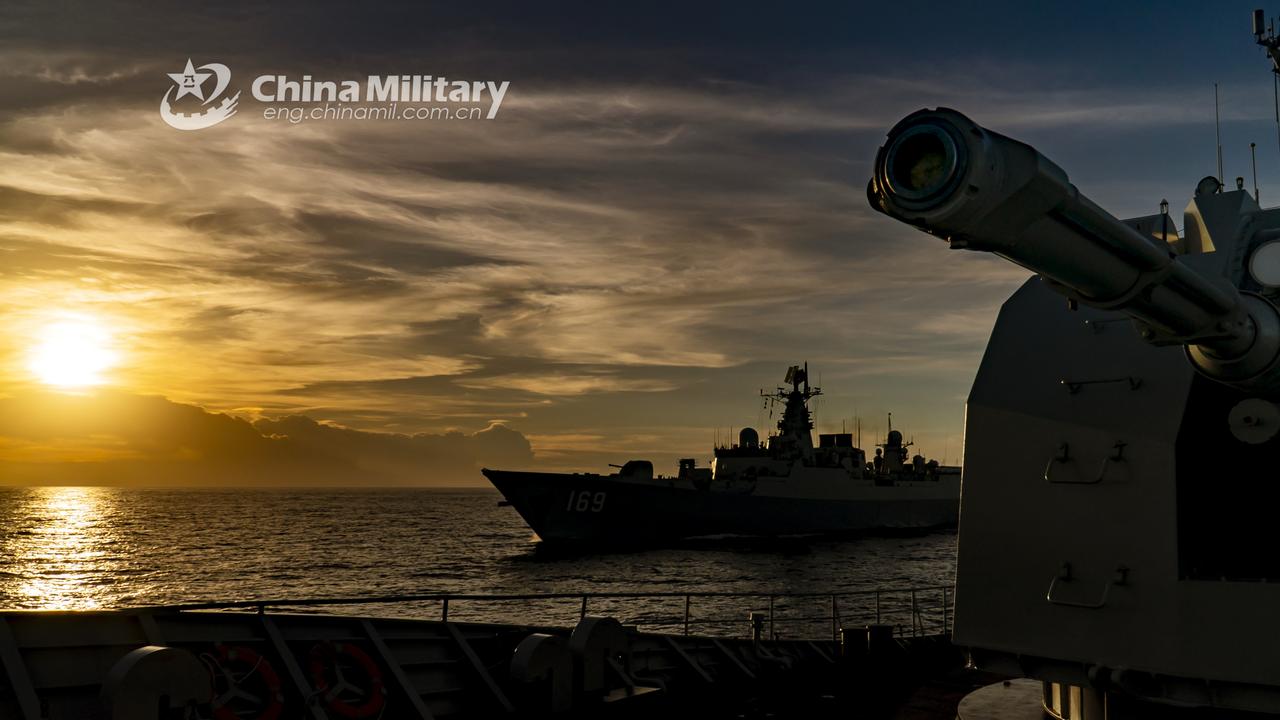
War with China ‘disastrous’ for Australia
War over Taiwan would be “disastrous”, Australia’s chief of defence General Angus Campbell told a recent gathering.
“Conflict over the island of Taiwan would be a disastrous experience for the peoples of the region, and it’s something that we should all work to avoid,” he said. “There is a pathway to a future through peaceful dialogue, but it’s a hard path, and it needs to be worked.”
Australia’s role in such a significant potential conflict has been the subject of intense debate in recent years.
“Failing to come to Taiwan’s aid would seriously weaken and perhaps destroy America’s position in Asia, and our alliance with America would be seriously weakened if not destroyed if we failed to support the US,” Professor Hugh White noted in 2019.
“But it doesn’t follow that either America or Australia should therefore go to war with China to defend Taiwan. I think it’s clear that Australia would be better off staying out of it. Iraq should have taught us that it makes no sense to support an ally in a war it can’t win, and the stakes are much higher this time.”
– with Jamie Seidel




